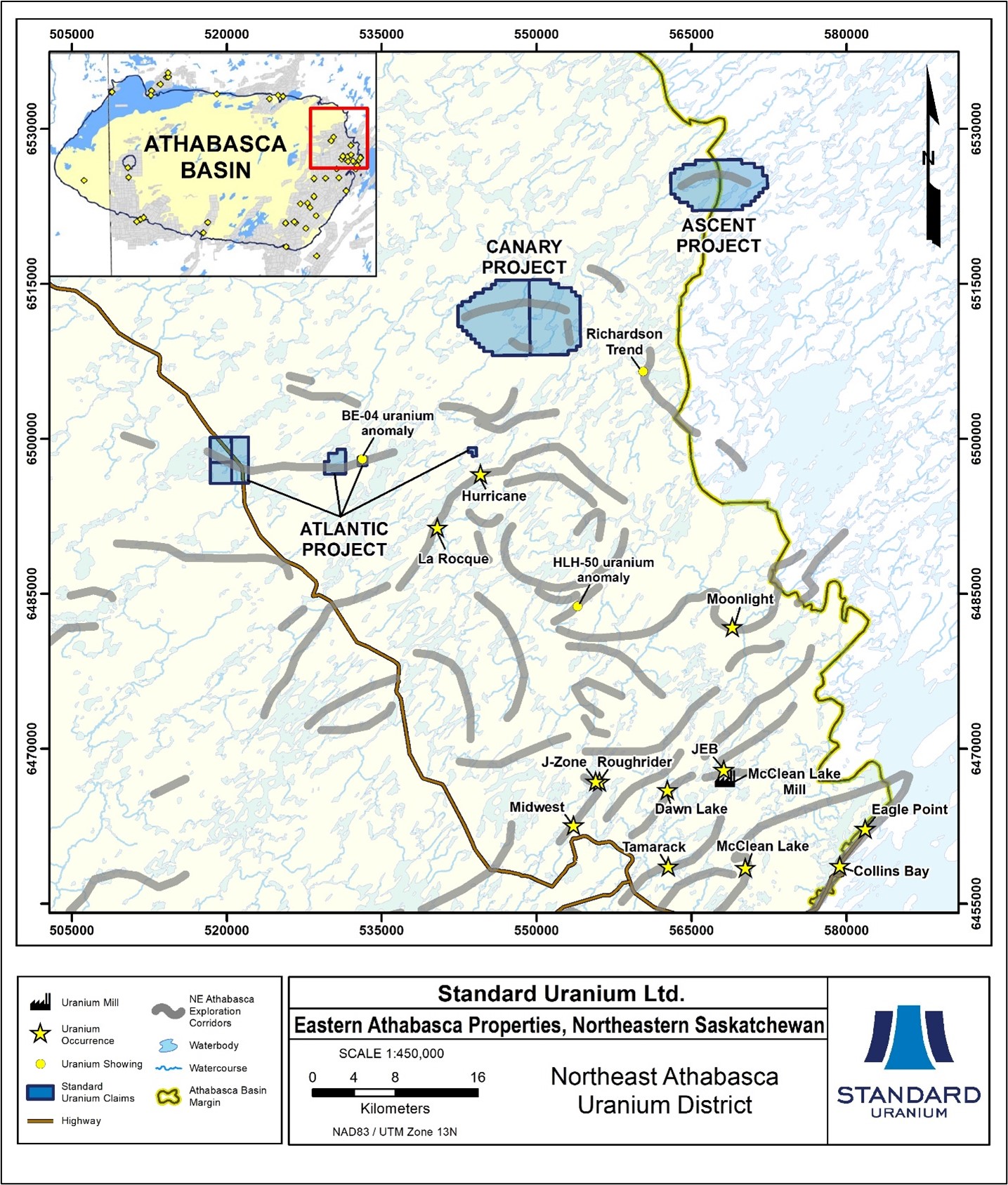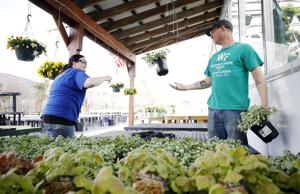Farmers in the Great Barrington region of Massachusetts are utilizing peer connections to tackle the challenges posed by climate change. Extreme weather events, including droughts, floods, and erratic temperature swings, have significantly impacted local agriculture in recent years. To address these issues, organizations like Berkshire Agricultural Ventures have implemented programs such as Climate Smart Agriculture, which helps farmers assess climate risks, develop farm-specific plans, and implement improvements.
The importance of connecting farmers with each other has become evident through workshops and fellowship programs. These initiatives provide opportunities for farmers to learn from experts and share experiences with their peers. The exchange of knowledge and insights among farmers has proven invaluable in managing novel and unpredictable problems on the farm.
Research conducted by agricultural experts, such as Dr. Alissa White, highlights the role of strong regional peer networks in supporting adaptive capacity and accelerating innovation on farms. By strengthening peer-to-peer connections, farmers can enhance their resilience to climate change and its impacts on agriculture.
Various organizations, including American Farmland Trust and the U.S. Department of Agriculture Northeast Climate Hub, are actively involved in fostering peer networks and facilitating discussions among farmers. These efforts aim to tap into the collective wisdom of the agricultural community and promote collaboration in addressing climate resilience.
The Berkshire-Taconic region, encompassing rural communities in Massachusetts, Connecticut, and eastern New York, relies heavily on agriculture for economic growth, land stewardship, and food security. To ensure the long-term sustainability of farming and its integration into local communities, it is crucial to create more opportunities for farmers to connect and collaborate on climate resilience and related issues.
While technological advancements and innovative practices are essential for adapting to climate change, the power of connection and community remains a critical tool for building a resilient local food system. By fostering supportive networks among farmers, information and innovation can spread more effectively, enabling farms to react and prepare more efficiently.
In conclusion, farmers in the Great Barrington region are recognizing the value of peer connections in addressing the challenges posed by climate change. Through workshops, fellowship programs, and the support of organizations like Berkshire Agricultural Ventures, farmers are learning from each other and accelerating innovation in agriculture. These connections play a vital role in building resilience and ensuring the long-term viability of local farming communities.











